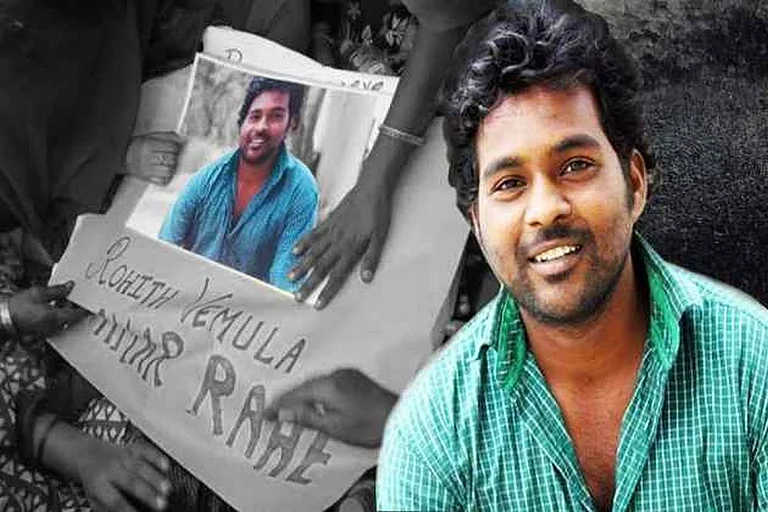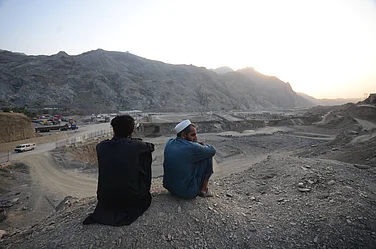
Mizoram Assembly passes Beggary Prohibition Bill, 2025, to ban begging and provide rehabilitation.
Government will set up receiving centres and return beggars to their native homes with NGO and church support.
Opposition says Bill may harm Christian faith and urges community-based solutions.
The Mizoram Assembly on Wednesday passed the Mizoram Prohibition of Beggary Bill, 2025, aimed at banning begging in the state while also providing rehabilitation and livelihood support for those affected.
Introducing the Bill, Social Welfare, Women and Child Development Minister Lalrinpuii said its purpose was “not only to prohibit begging, but also to assist and rehabilitate beggars by offering sustainable livelihood options.” She noted that while Mizoram currently has relatively few beggars due to its social structure, the role of churches and NGOs, and ongoing welfare schemes, there is concern about a possible rise in beggary.
According to PTI, Lalrinpuii told the Assembly that the government anticipates an influx of beggars from outside Mizoram following the arrival of the new railhead at Sairang-Sihhmui, which is scheduled to be inaugurated by Prime Minister Narendra Modi on September 13. She said the government believed that “with proper regulatory frameworks in place, it can keep the state free from beggary.”
As part of the legislation, the government will set up a state-level relief board to establish receiving centres for temporary retention of beggars. PTI reported that beggars would first be housed in these centres before being sent back to their native homes or states within 24 hours. Citing a recent survey by the Social Welfare Department, Lalrinpuii said more than 30 beggars, including non-locals, were identified in Aizawl.
Opposition members, however, criticised the move. MNF legislator Lalchhandama Ralte argued that the Bill was detrimental to the Christian faith and risked tarnishing the state’s reputation. He suggested that community involvement, rather than legislation, would be a better approach to address beggary.
Chief Minister Lalduhoma defended the Bill, saying its main objective was to help and rehabilitate beggars through collective efforts by the government, NGOs and churches. After prolonged deliberation involving 13 members, the Bill was passed by the legislature.
According to PTI, the debate highlighted both the government’s emphasis on preventive measures and the opposition’s call for stronger community-based solutions.
(WIth inputs from PTI)


























